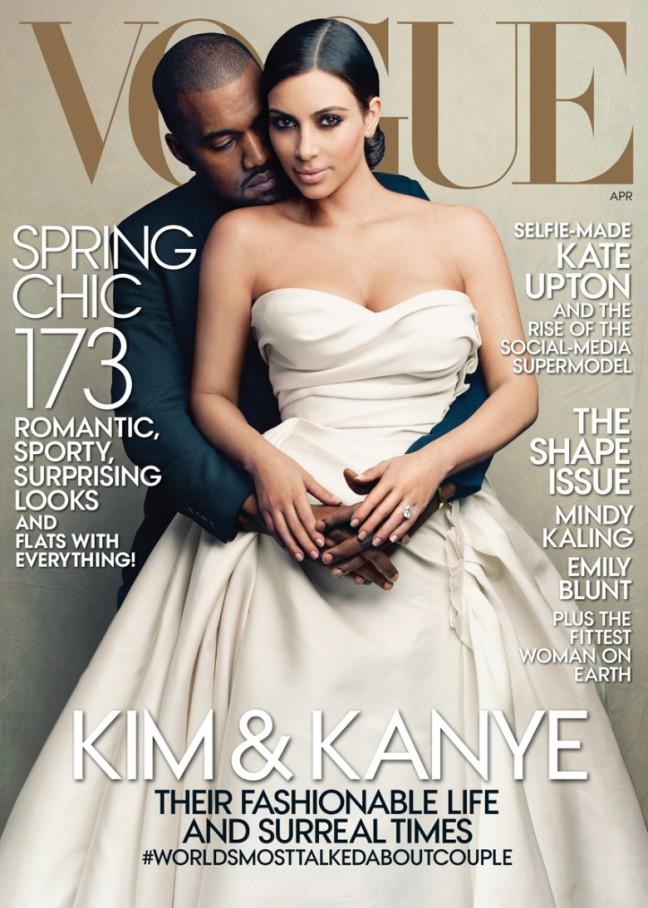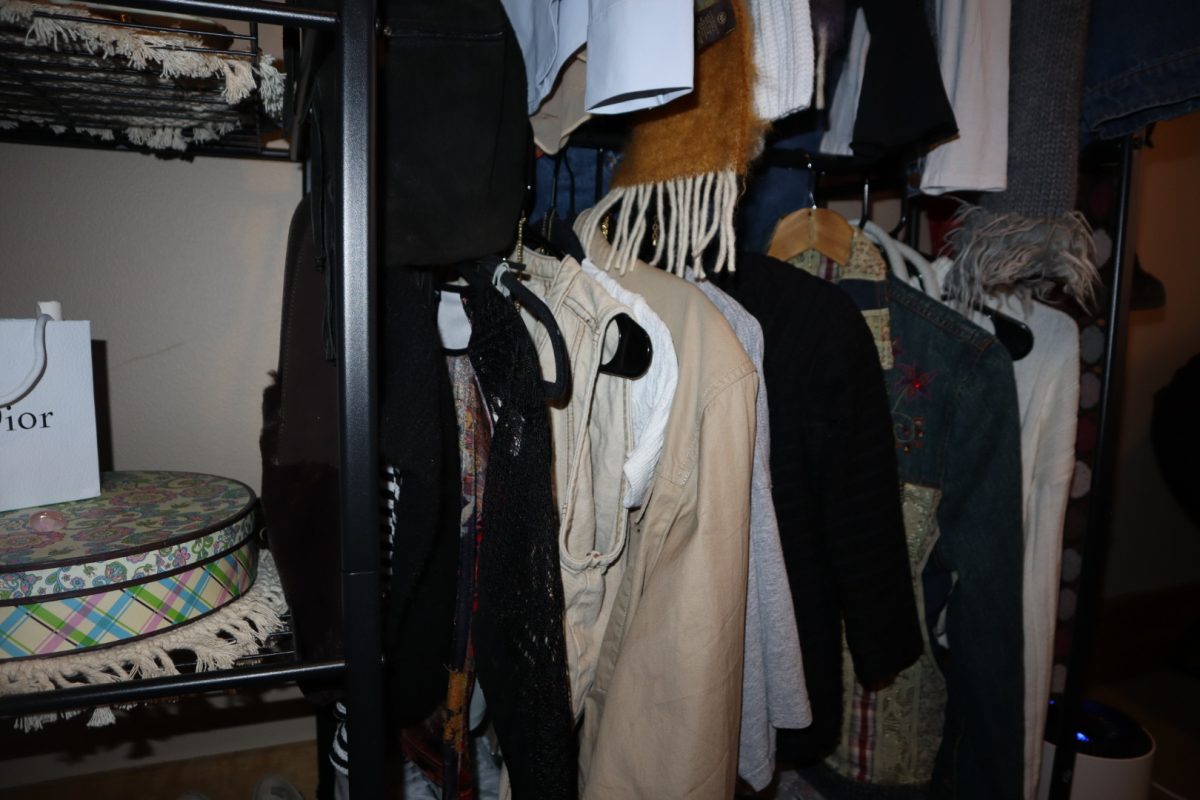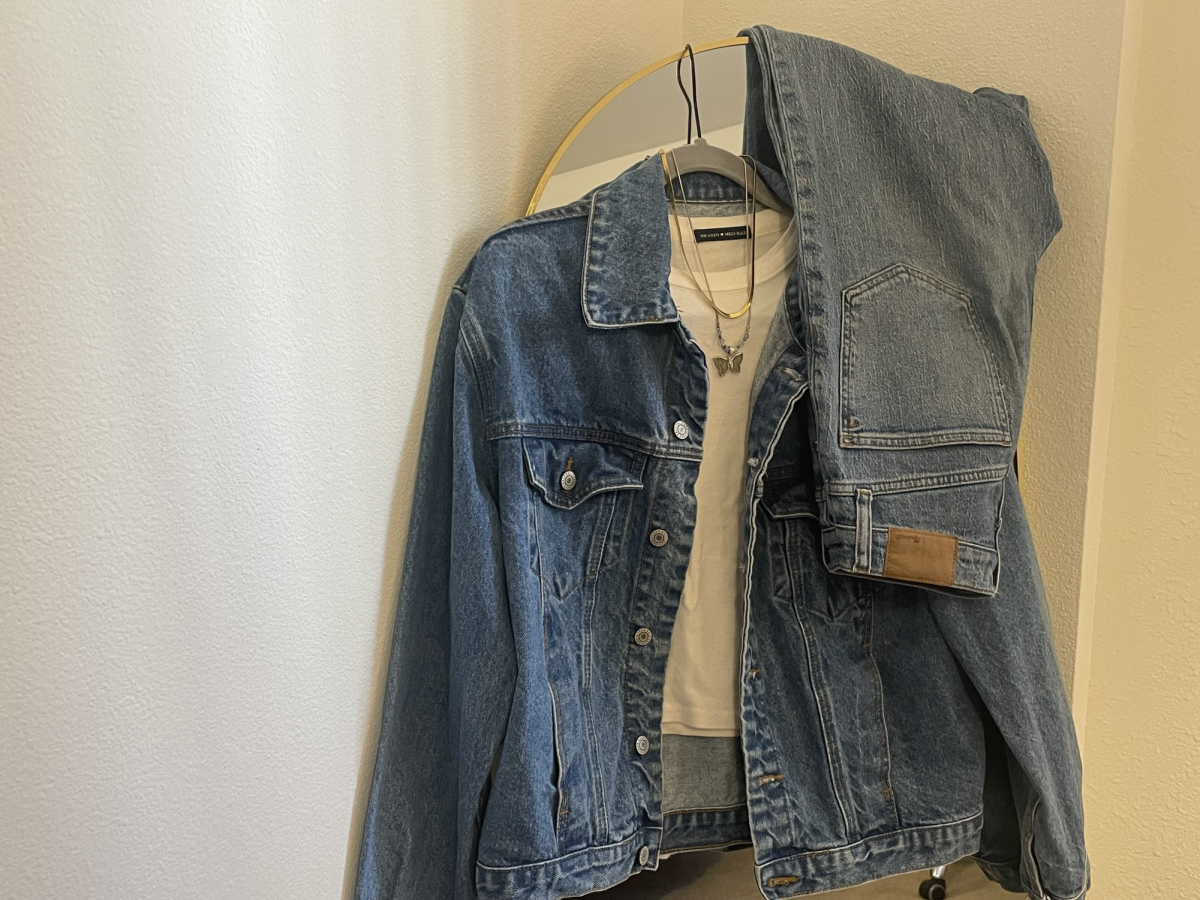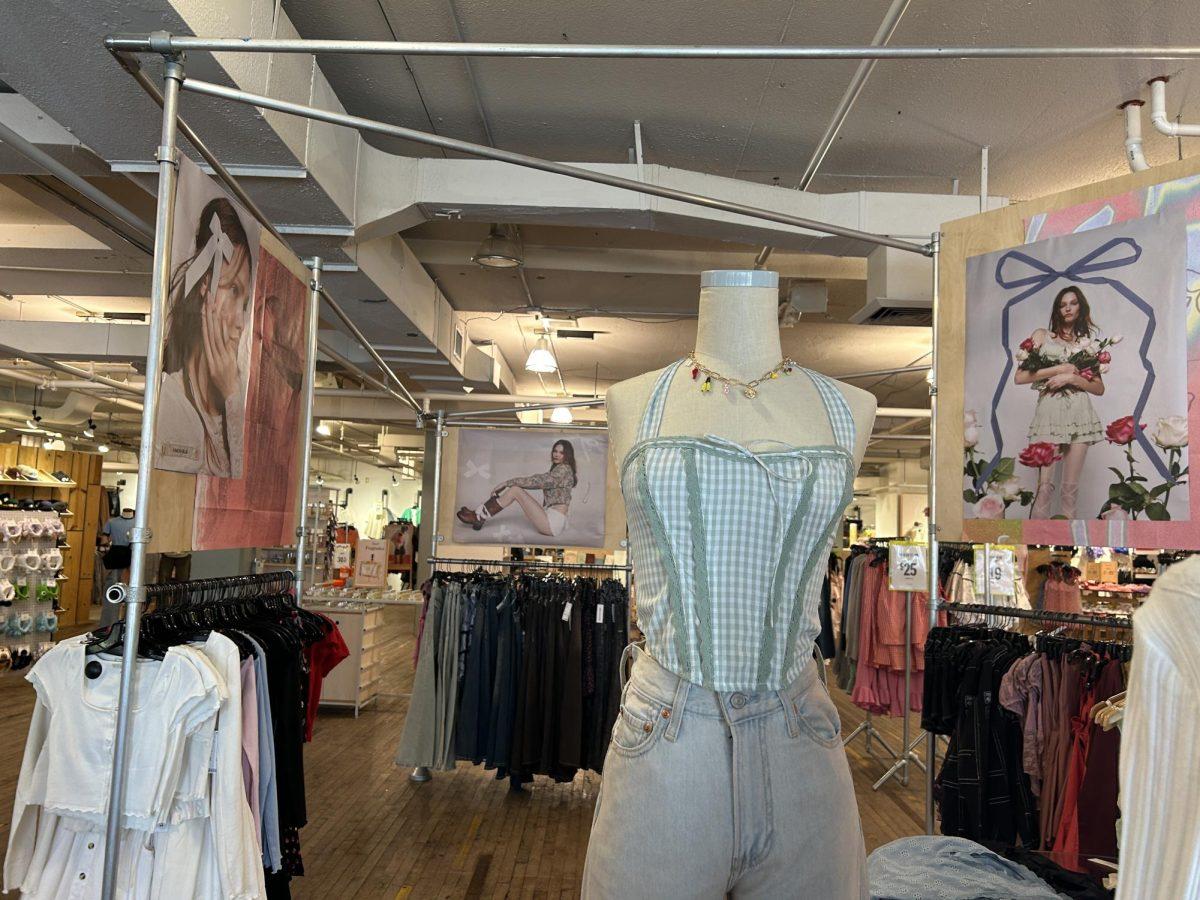Fashion and hip-hop have a relationship older than Bill Murray was looking at this year’s Oscars. Ever since the masters of rap were rhyming through their first verses, allusions to the material world of fashion have been tied in to their music. On “Hypnotize,” The Notorious B.I.G. raps about how girls in different cities favor specific fashion lines: “Miami, D.C. prefer Versace.” Kanye West mentions Maison Martin Margielas almost as often as he mentions Kim K.’s behind. But why?
Musicians in general have always had a certain influence on fashion. Kurt Cobain influenced Marc Jacobs and practically created grunge, but he certainly never wrote songs about it. Madonna has famously been the muse for many a fashion lines. Yet other musicians don’t name drop fashion designers the way rappers do.
The name-dropping is a more recent development. In the ’90s, during the rise and tragic fall of rappers like Tupac and Biggie Smalls, the main focus of rap was on a very different lifestyle. Though Smalls talked about the style of the girls he hung with, his lyrics revolved around gangster culture. Look at songs like “Somebody’s Gotta Die,” “What’s Beef” and “Niggas Bleed.” Smalls certainly talked about money, but this was about street cred, not celebrity status. With the devastating loss of these icons, rap moved in different directions.
P. Diddy (or has his name changed again?), Jay Z and Kanye West have helped to usher in a new era in hip-hop culture. All three have fashion lines and gone beyond being “musicians” to achieve “celebrity” status. Jay Z began his rap career talking about his past as a drug dealer and the struggles he went through. As he gained mainstream attention, he’s hardly rapped about anything other than his bank account.
Hip-hop has a close relationship with money. All genres have ties to materialism and consumption, but rap originally focused on a much less public, seedy side, dropping lines about money gained through illegal means — think of the number of songs that talk about paying in stacks of cash. Wearing these winnings on your back makes a statement about wealth; money gets laundered through clothes and provides unmistakable proof of success.
Therein lies one of the biggest reasons rap is tied so closely to fashion: success. Rap draws in the underdogs of society, those who aren’t recognized and aren’t given the best in life, let alone enough. Even a successful rapper is looked down on by more established or higher grossing genres. Until recently, a successful rap career had more to do with street cred and its winnings than platinum albums. Think about Drake — it wasn’t until recently that people took him seriously because he wasn’t “hard” enough for the rap community.
In this new arena, street cred is replaced by networking. Both involve knowing the right people, but in different ways. Fashion is still a way of legitimizing rap by “wearing your success.” Now, however, it’s just as important for the clothes to be designer; wearing success now means wearing your network. Wearing your riches has combined with name dropping, where if you have to ask who you’re wearing, you aren’t cool enough to know.
But it’s West who has changed the rap game as far as style is concerned. West has been obsessed with style and fashion since the beginning of his career, and the more money and status he amassed, the bigger the obsession grew. His interest in avant-garde fashion has ushered in a new appreciation for designers like Riccardo Tisci of Givenchy and Tom Ford. West has been fighting against the “classicism,” as he calls it, that wants to lock rappers into a specific style by sporting Maison Martin Margiela bedazzled masks and even a leather skirt.
While the fashion community was quick to embrace the rock stars, it has taken its time embracing the rappers. It is only in this coming April that the style bible, Vogue, put Kardashian and West on their cover. In terms of fashion, success and acceptance rappers are the new rock stars, as West himself has said, but not without having to ask.














